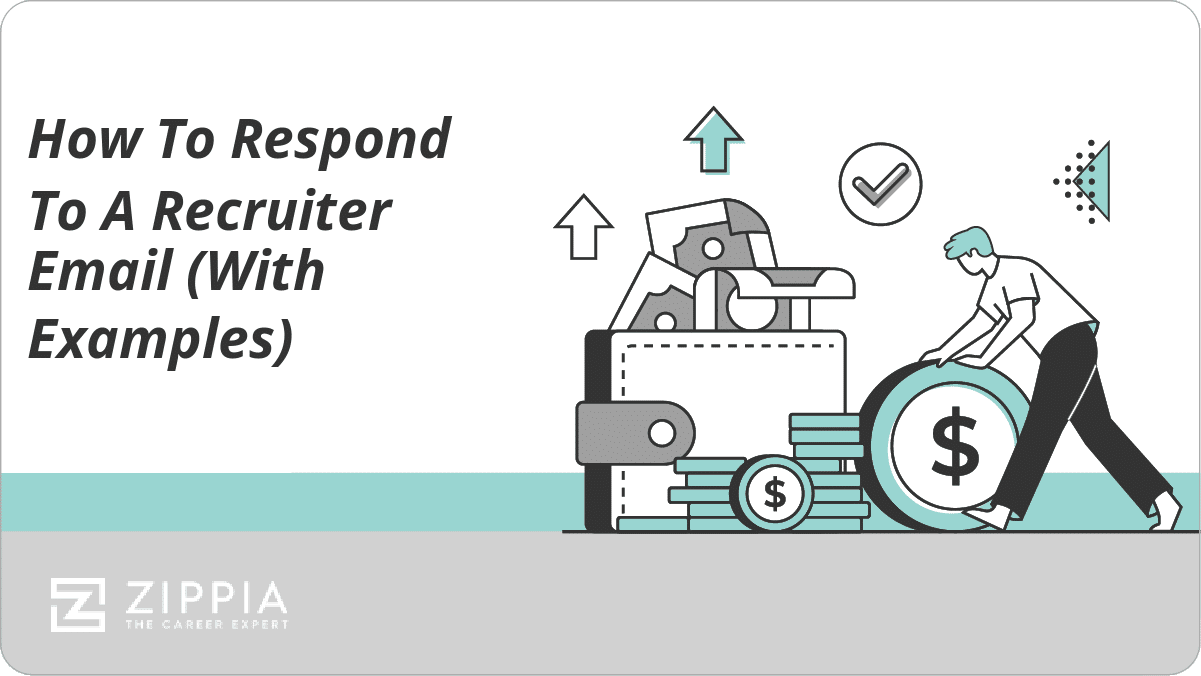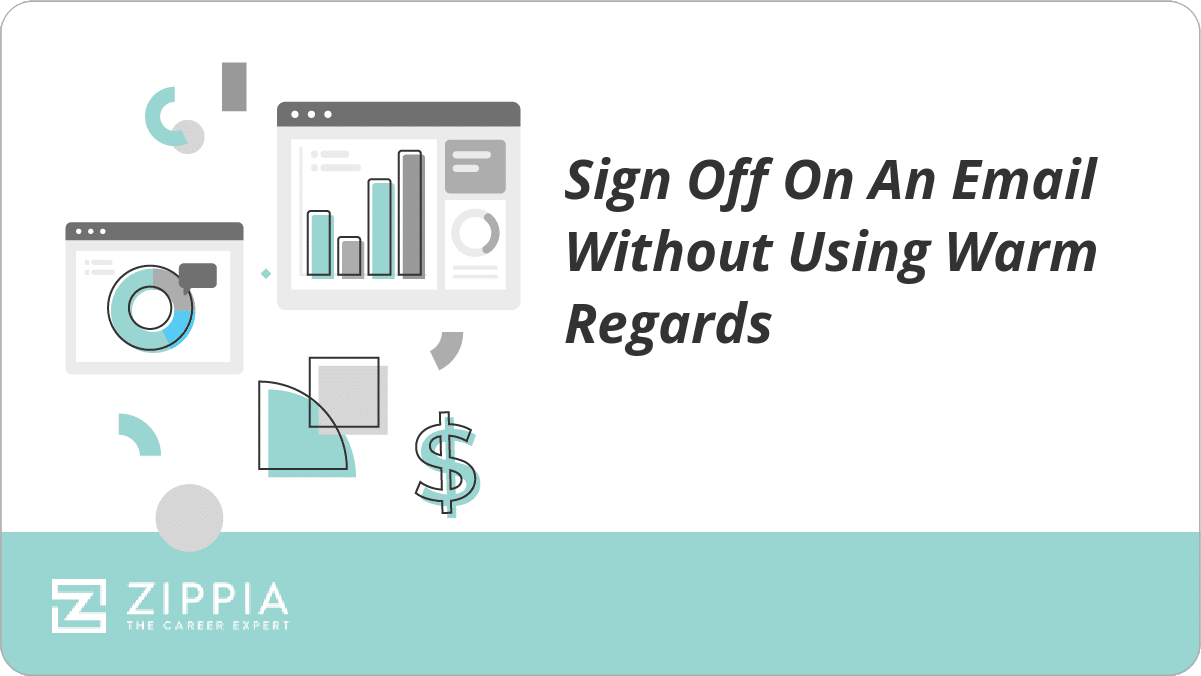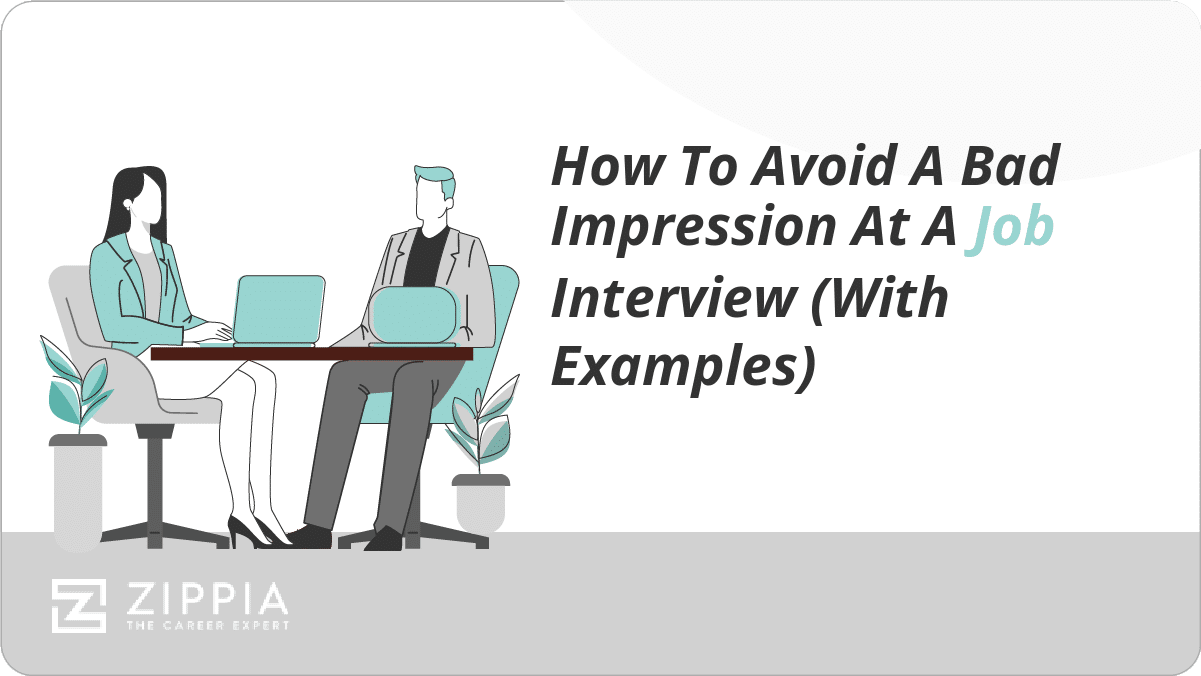- Application
- Email Communication
- Letter Communication
- Follow Up
- Recruiters And Staffing Agency
- Get A Job Through a Staffing Agency
- Get A Job Through A Staffing Agency
- Get A Job Through Headhunters
- How To Get A Job Through A Staffing Agency
- Startup Recruiters
- Staffing Agencies
- Best Temp Agencies
- What Is A Temp Agency
- Questions To Ask Recruiters
- Career Fair
- Questions To Ask At A Career Fair
- Follow Up With A Recruiter
- Career Fair Tips
- Respond To A Recruiter
- Job Application Tips
- About Me Page
- Answering Machine Messages
- What To Bring To A Job Fair
- Free Job Posting Sites
- Email Sign Offs
- Job Scams
- How Long Does It Take To Become A Doctor
- How Long Does It Take To Become A Vet
- Government Programs That Help Felons Get Jobs
- How Long Does It Take To Become A Dentist
- Relocation
- Job Search Spreadsheet
- Right To Work States
- How To Research A Company
- Reasons Your Not Getting HIred
- Job Search Mistakes
- Job Search Tips
- Overqualified For Job
- Job You're Not Qualified For
- Get A Job Without Connections
- Why It's Hard To Find A Job
- Military Requirements
Find a Job You Really Want In
Responding to a recruiter email is your first opportunity to make a good impression. Whether you’re interested in the position or not, it’s always a good idea to respond to recruiters quickly and politely. In any case, being approached by a recruiter is a good sign that you’re doing something right.
If you’re wondering how to respond to a job opportunity email, this article will cover exactly how to reply and provide example emails for every situation.
Key Takeaways:
-
Be polite, professional, and concisely answer the recruiter’s questions.
-
Clearly indicate whether you’re interested in the position or not.
-
If you are getting generalized recruiter emails to jobs you didn’t apply to, make sure they aren’t spam before applying.

- Samples of how to respond to a recruiter email
- Email samples of how to reply to recruiter questions
- Tips for how to respond to a recruiter email
- How to respond to generalized recruiter messages
- How to respond to recruiter emails after application submission
- Responding to a Recruiter Email FAQ
- Final thoughts
- References
- Expert opinion
- Sign Up For More Advice and Jobs
Samples of how to respond to a recruiter email
How you respond to a recruiter email depends on how interested you are in the specific role, the company, or changing jobs at all. Luckily, we have email examples of how to respond to a recruiter, regardless of your situation:
-
How to reply to show you are interested in the job sample
If you know that you’re interested in at least learning more about the job, you should express enthusiasm, confirm your interest, and start setting up a time for an initial interview.
Dear Mrs. Henderson,
Thank you for contacting me about this opportunity. It seems like a great position that aligns with my career goals, and I’d like to hear more about it.
I’m guessing you saw that I have 7 years of experience working in marketing. I’ve been learning new SEO techniques through a self-taught course and implementing them in my current job as Marketing Director at XYZ Corp.
When would be a good time to schedule a conversation about this job opportunity? I’d love to learn more about the position and how my qualifications and experience could be an asset to ABC Inc.
I’m available to talk by phone any time after 3 pm from Monday-Friday. I look forward to our conversation.
Sincerely,
Bill Dancer -
How to reply if you are open to the right opportunity
If you’re happy with your current job and weren’t actively searching for one, but you’re still intrigued by the offer, you should be upfront about your situation. Let them know you’d be interested in chatting, but tamp down their expectations that you’d settle for anything less than something perfect for you.
Dear Mrs. Green,
Thanks for reaching out!
I’m happy with my current job at XYZ Inc. and have not been actively looking to change jobs. That said, I’m always glad to talk about how AI is being integrated into mechanical engineering, and if the role sounds like a good fit for my background, I’ll give it more consideration.
I’m available for a quick call any weekday after 4 pm at 555-333-2222 if you’d like to chat.
Thanks again!
John Byrde -
How to reply if you’re not interested in the job but are interested in the company
Sometimes, you’ll get an intriguing proposition from a recruiter out of the blue. But the new job they’re pitching isn’t exactly in line with your career goals. There’s a chance that you could use this email as an opportunity to learn more about other roles that suit your interests better.
First, research what other job openings the company has to see if you have the qualifications for them. You can even get together a resume and cover letter to send along with your response email (tailored for the job you want).
Dear Ms. Smith,
I appreciate you contacting me about this opportunity to work in sales for The Amazing Company.
While I am in the middle of a job search, this role as a Sales Associate isn’t quite what I was looking for. That said, The Amazing Company is a place I’d love to work.
I have 6 years of sales experience and have exceeded quotas at my current job by over 20% each quarter. In the last year, I’ve brought my company $1.5 million in sales, so I was hoping to interview for a Sales Director position at The Amazing Company.
I’ve attached my resume and a cover letter for the position and would love to speak more about possible positions. I believe my sales experience and proven track record of excellence could be a real asset to The Amazing Company.
Thanks again for your interest.
Best wishes,
Allison Daly -
Example answers of how to respond to a recruiter email if you’re not interested
When you’re 100% not interested in the position, whether because you just landed a new job, the position/company sounds like a bad fit for you, or you’re just not interested in any new job at the moment, your reply should include a clear but polite “no” that still expresses gratitude for the offer.
-
Example 1
Thank you for contacting me about my application to (company). Unfortunately, I have already accepted another position and am no longer an active job seeker. I deeply appreciate your time in reaching out to me.
-
Example 2
Thank you for contacting me about this exciting opportunity at (company). At this time, I am not seeking employment, but I appreciate your interest.
-
Email samples of how to reply to recruiter questions
A recruiter will generally ask you two different types of questions: logistical questions to plan out a meeting to go over your application or informational questions to add certain details to your resume. Sometimes, questions may be industry-specific, like a practice test or proficiency test on skills related to the job position.
Here are a few common questions recruiters will ask via email and sample answers of how to respond:
-
“Are there any details you’d like to add to your application?”
Thank you for contacting me about my application. I have attached examples of my previous work related to (industry or job title), as well as links to (websites, LinkedIn, etc.) for you. If you have any questions or would like to set up a time to chat, please let me know.
-
“Could you send another copy of your resume?”
Thank you for contacting me about my application. I have included a copy of my resume for you. Please let me know if you need anything else for my application to the (job title) position. I look forward to hearing more from you about this opportunity soon.
-
“When are you available to interview?”
Thank you for reaching out to me about my application to (job title/ company). I am excited to speak more with you about this opportunity. I am available (dates and times). Let me know your meeting preference.
-
“Would you be available for a second interview soon?”
I greatly appreciate speaking with you last (first interview time) and would love to discuss this opportunity further with you soon. I am available (dates and times). Let me know what time works best for you.
-
“Do you have time to answer a few quick questions over the phone?”
Thank you for reaching out to me about my application to (job title/ company). I would love to speak with you more about my application and answer any questions you might have. I am available (dates and times). Let me know what works best for you.
-
“When would you be available to take a proficiency test?”
Thank you for contacting me about my application to (job title/ company). I would be happy to complete any proficiency tests needed. I am available (dates and times). Please let me know if my availability works for testing.
Tips for how to respond to a recruiter email
The best way to respond to a recruiter email depends on your specific situation, but some rules always hold true. Regardless of whether you’re interested in the position, it always pays to be polite and professional, and having a positive relationship with a recruiter is never going to hurt you in a future job search.
With that in mind, here are some tips on how to respond to a recruiter email:
-
Make your first impression count. Your first impression may have been the resume and cover letter you submitted to get the recruiter interested in you, but this response is your first chance to set up a positive interaction with an interviewer.
They’ll get to know you better when you interview, but this email response is your first communication with the company.
-
Respond quickly. In the interest of first impressions, it’s good to respond quickly to all recruiter emails (the serious ones, anyway). You’ll seem enthusiastic about the opportunity, not desperate.
-
Working directly with a recruiter is an advantage. When finding a job, the hard part is getting in contact with the right people. Once you have this line of communication open, it’s your chance to stand out as a candidate. Learning how to communicate with recruiters and hiring managers effectively will open the door to more job offers.
-
Avoid slang, emojis, and errors. Keep your email professional. Avoid slang terms and off-putting greetings like “hey.” Also, proofread your email before responding to ensure there are no typos or errors.
How to respond to generalized recruiter messages
You’ve signed up for newsletters and email lists for job sites, and suddenly you are receiving recruiter messages that look like they’ve been sent out to a thousand candidates. You are probably asking yourself, “Are these real job opportunities? And if so, are they worth pursuing?”
Sometimes these types of emails can be spam, but a quick Google search or LinkedIn search will give you a lot of answers about the legitimacy of the company that’s contacting you. If the company seems real and has some reviews on Zippia or another company review site, then you can probably assume that the job position is real.
Sometimes the recruiter isn’t for a specific company, but a few companies. Look up the recruiter on LinkedIn first to see if they have a profile. You can also ask follow-up questions about them if you decide to respond.
How to respond to recruiter emails after application submission
In this scenario, you’ve applied for a specific job, and now you’ve been contacted about your application to begin the next steps. It might seem scary, but it’s great news. Every time you have a chance to speak more with a recruiter, you have the chance to solidify their impression of you as a great job candidate.
However, try to keep the conversation to the scheduled times set by the recruiter. If the recruiter is asking you if you have time to hop on a call to discuss your resume, use the email response to lock-down time to talk to do so versus talking about how great your resume is in the email.
If the recruiter is asking for more details about you, you can answer via email, but offer up options to continue the conversation in a call if they’d be interested.
Generally, the first times you communicate with a recruiter don’t need to be novels. They are usually logistical correspondences so that you can get to the great conversations face to face or over a phone interview.
Responding to a Recruiter Email FAQ
-
How quickly should you respond to a recruiter?
You should try to respond to a recruiter in one or two days. You should try to replay as soon as possible, keeping in mind that emails sent over the weekend don’t really need to be replied to until Monday.
-
How do you greet a recruiter in an email?
You should use a professional greeting like “Hello” when communicating with a recruiter in an email. While the field or industry you work in may have different standards, when you communicate with a recruiter, you should greet them professionally but not over the top. Avoid informal “Hi” and “Hey” and also the overly formal “To Whom It May Concern.”
-
Should I reply to every email from recruiters?
No, you don’t have to respond to every recruiter email, but the more you respond to the better chance that you will have of getting a job. Responding quickly shows your interest and is the first impression that a recruiter has of you. This is the first form of communication that you will have with the company, so it’s best to respond if you are interested.
-
Should I send a thank-you to a recruiter email?
Yes, you should send a recruiter a thank you email, especially if you end up meeting for an interview. This shows your gratitude and appreciation. This will also leave a lasting impression on the recruiter and interviewer.
-
How do you respond to a recruiter email for an interview?
You should respond to a recruiter email for an interview with enthusiasm, gratitude, and a clear indication of your availability. For example, you could respond to a recruiter email for an interview with something like:
Thank you for the invitation to interview for the (job title) position. I scheduled the interview for 10:00 am on Wednesday.
Please let me know if you need any additional details from me. I look forward to chatting!
Final thoughts
Responding to recruiters can be a scary experience: you are so excited that you’ve finally made it to the next step but you don’t want to mess it up. Luckily, there are common questions recruiters ask when planning the next steps in the job hiring process and we’ve come up with some examples to help you craft great responses.
Now that you’re a recruiter response pro, get back to your inbox, fire away some replies, and get one step closer to your dream job.
References
Expert opinion
How To Respond To A Recruiter Email
Alfred Mariani
CEO
Resumes ETC.
When exploring career opportunities, never put all of your eggs in one basket. Although working with recruiters is a good idea, you must keep in mind that recruiters are working with many job candidates and you are just one of the many they are trying to market. The best approach is to maximize your exposure by working with several recruiters, posting your resume online, applying for jobs online and creating a powerful LinkedIn profile. The more people that know you exist, the more interviews you will receive. Your resume should also be keyworded in order to achieve a better outcome with ATS tracking systems which will also increase your interview rate.
- Application
- Email Communication
- Letter Communication
- Follow Up
- Recruiters And Staffing Agency
- Get A Job Through a Staffing Agency
- Get A Job Through A Staffing Agency
- Get A Job Through Headhunters
- How To Get A Job Through A Staffing Agency
- Startup Recruiters
- Staffing Agencies
- Best Temp Agencies
- What Is A Temp Agency
- Questions To Ask Recruiters
- Career Fair
- Questions To Ask At A Career Fair
- Follow Up With A Recruiter
- Career Fair Tips
- Respond To A Recruiter
- Job Application Tips
- About Me Page
- Answering Machine Messages
- What To Bring To A Job Fair
- Free Job Posting Sites
- Email Sign Offs
- Job Scams
- How Long Does It Take To Become A Doctor
- How Long Does It Take To Become A Vet
- Government Programs That Help Felons Get Jobs
- How Long Does It Take To Become A Dentist
- Relocation
- Job Search Spreadsheet
- Right To Work States
- How To Research A Company
- Reasons Your Not Getting HIred
- Job Search Mistakes
- Job Search Tips
- Overqualified For Job
- Job You're Not Qualified For
- Get A Job Without Connections
- Why It's Hard To Find A Job
- Military Requirements





